Why We’ve Decided to Sell Our House and Buy Shares Instead
Our biggest source of passive income over the past decade has been from property. The house we used to live in before we started motorhome touring has contributed the largest proportion from our various sources of income, with rent dropping in our bank account each month. We’ve recently decided to sell it though and move the money into shares, and this blog post explains why.
This information might be of use to anyone thinking of selling up, but please bear in mind (a) we still have a house to live in while we’re in the UK so we’re not ‘stepping off the UK property ladder’, (b) we’ve not taken this decision lightly, we’ve been thinking it through for years and (c) we’re not qualified to offer any kind of financial advice, we’re complete personal finance amateurs – please don’t take any action based only on what you read here folks.
Our Investing Goals
Our overall investing goal is to be able to sit on the beach (or more likely go for a run in the mountains), while money just appears in our bank account to pay for everything we need, about £20,000 to £25,000 a year. It’s a pretty crazy idea, but it’s been working for the past five years for us after we left work aged 43 and have been travelling Europe (on and off) ever since.
It’s perhaps worth me defining a couple of terms before we go any further:
- Passive Income is money which appears in your bank without you having to swap your time for it: pensions, interest on cash savings, rental income from property, dividends and capital gains from shares, royalties from books or music are all forms of passive income. Often you work hard up front, but then get passive income from that effort for years or even decades. For those of us who’ve only ever been employees, and who come from backgrounds with no previous exposure to investing, passive income seems like a kind of magic. Believe me, it’s not.
- Financial Freedom is the position you’re in when you have enough passive income to meet all your future outgoings and you never need to work again (unless you choose to). Many of us get to this point when our personal and/or state pension kicks in. A few get there earlier by planning, saving hard and investing in property, shares, bonds and other sources of passive income.
We’re 48 though (soon to be 49), so we’re too young to get our pensions. As interest rates on cash are roughly nothing at the moment, and we can expect maybe only a 1% return on Premium Bonds, we’ve been forced to learn something about propery and stock/bond market investing to get the income we want, and in turn to achieve our long-term goal of being ‘retired’ for 40 or 50 years. It’s not rocket science and we’re most certainly not ‘traders’ or ‘house flippers’. We’re not that interested in investing and don’t want to be thinking about it all the time, we just like the results! We’ve discussed all of this in our book The Non-Trepreneurs which explains the mindset and processes we followed in our personal goal to quit the office for ever.
Income from Our Rented Home
For the past five years that £20,000 to £25,000 of income has come from a range of sources:
- the three bed house we used to live in (paid off),
- a bungalow used to live in and now rent out (which has a mortage),
- the three bed house/shop we currently live in part of and let the rest out (paid off),
- around £150,000 self-invested in share funds (held in ISAs),
- royalties from our self-published books,
- Feed-In-Tariff payments for two roof-mounted solar arrays,
- Utility Warehouse passive income payments,
- advertising/affiliate income from this blog,
- and a small income from an emergency fund in cash and premium bonds.
Of these, the three bed house contributes the largest amount, roughly £6,500 a year after all costs, which is about 3% the value of the house.
Why We’ve Chosen to Sell The House
We know lots of motorhome travellers who’ve opted to rent their house out the same way we did, funding entirely or partly their nomadic lifestyle from rental income. Up until now, this approach has worked well for us, but a perfect storm of circumstances is pushing us to change our approach:
- COVID-19 means we’re likely to be in the UK for the foreseeable future, which means we’ll be around to do any work required to get the house sellable and manage the sale process (although it might be several months before the tenants leave).
- We’re getting closer to 55 when our SIPPs (self-managed pensions) will come available, which will hopefully increase our income, but at the same time add to our income tax liabilities.
- As well as income tax, rental houses attract a high rate of capital gains tax in the UK which doesn’t apply to assets held in Individual Savings Accounts (ISAs). If we sell now, it gives us a few years to transfer the money into our ISAs before we start getting pension income at 55 which would push us further over our personal allowances.
- Our shares crashed in February and March 2020, losing over 30% of their value at one point (they’ve more than recovered since then). We didn’t panic and sell, so are more confident in our own emotions around share fund investing.
- While we’ve no plans to have a mahoosive blowout, we do want easier access to our money in future. Houses are notoriously illiquid, they take months to buy and sell with high transaction costs. Share funds in comparison take minutes to buy and sell, with very low costs.
- Share funds are more passive than rental housing. Our tenants usually stay for over 5 years and we rarely have issues with the houses, but all the same we’re always waiting for a call about some problem or other, which we won’t have with shares.
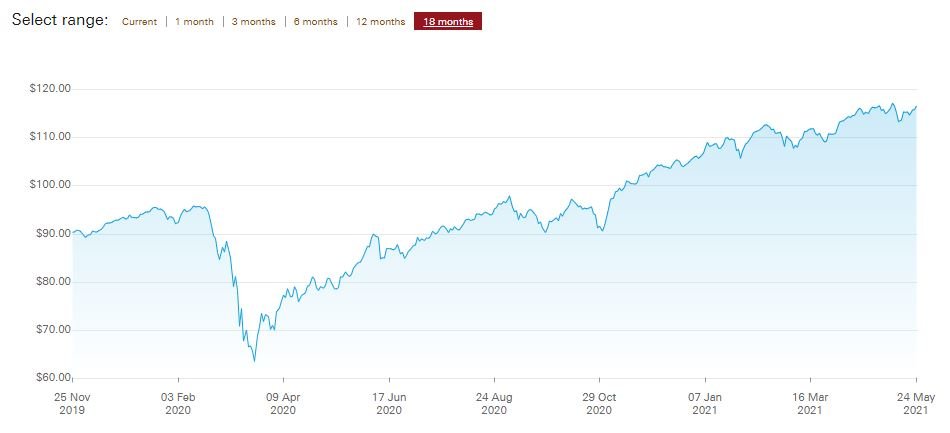
The New Strategy
Our new approach is pretty simple. When we eventually see the proceeds of the house we’ll do this:
- Split the funds 50-50 between the two of us. We do this for two reasons: 1. we each have an equal footing in our marriage and sharing assets is part of that philosophy and 2. it also enables us to get best use of our personal tax-free allowances.
- Shift the money into our share trading accounts.
- Buy Vanguard Exchange-Traded Funds (ETFs), probably VWRL but we’ve not decided yet. VWRL is Vanguard’s All World passive tracker fund; with each share in VWRL we become part-owners in over 3,500 of the world’s large and mid-sized companies located in almost 50 countries. The fund is low-cost, spread across market sectors and makes no attempt to actively ‘pick’ companies which outperform the others (the active approach rarely works over the long term).
- Each April we’ll transfer our maximum allowances into our ISAs so it becomes sheltered from future income and capital gains tax.
- We’ll keep the other two properties (plus the shop) so we’ll still have bricks and mortar to diversify our investments.
We’ll get around £6,500 a year (rising with inflation) from our VWRL funds by doing this:
- Vanguard will pay us dividends every 3 months, maybe 1.5% a year in total, although these aren’t guaranteed.
- The rest of the income will come from selling some of the shares each year.
- Although the number of shares we own will decline as a result, the remaining shares *should* increase in value by enough to maintain the overall value of the investment. Ideally we’d reduce our income in years the markets are down, which would help the investment thrive long-term.
- Even before we transfer the shares into our ISAs we’ll each have a £2,000 tax-free dividend allowance, plus a capital gains allowance of £12,300 each (assuming we don’t make any other gains that year), so we’ll reduce our income tax liability as soon as we move from the house into the share funds.
What About the Next Big Crash?
History tells us the stock markets will, at some point in the future, crash again. This raises a serious question:
What if we invest all the house money and VWRL immediately crashes and loses 50% of its value?
The answer is this:
- We’d still own 100% of the shares we bought. Journalists love to write stories about how someone lost hundreds of thousands in a stock market crash, but by investing in a large number of companies it’s very unlikely they’d all go out of business. History has also shown us that the markets always recover after a crash (albeit often after a few years) and then plough on upwards afterwards. We’d just need to avoid selling them (which would lock in a real loss) and wait for the markets to come back up.
- We’d have to be very unlucky to invest a large lump sum and the market to crash soon afterwards. If the crash happens a year or two in the future, it’s likely the shares would have appreciated at least a little, so we’d not be hit with the full force of that 50% spike downwards. We could mentally manage this risk by investing say £10,000 a month rather than all in one go, spreading the investment out so if the market crashes at least some of our shares are bought ‘cheap’ (this is called pound-cost-averaging). This is a form of market timing though, and statistically that doesn’t work.
- All the theory around broad index passive stock market investing (like with VWRL) takes these massive drops into account when predicting how much investors can take from their portfolios each year (look up the ‘safe withdrawal rate‘ if you’re in need to something to get you off to sleep).
- We deliberately keep 2 to 3 years of living expenses in cash and Premium Bonds, so even if we lost 50% of our income and didn’t manage to replace any of it through getting jobs, we could live for between 4 and 6 years before we had to sell more of our other investments. By then we’d hope the worst of the crash was over.
- We *could* reduce the volatility in our investment by popping a percentage of it into a ‘fixed-income’ bond fund like Vanguard’s VAGP, which invests in over 7,000 bonds around the world. We probably won’t do that though as (a) our SIPPs are invested in Vanguard’s Lifestrategy 80 fund, which has 20% bonds so we already own some bond funds as well as our Premium Bonds and (b) we’re OK with the value of our non-pension funds bouncing up and down, and in theory we should get a greater return over the long term if we go 100% into shares. We may well change this approach as we get older.
Put more simply, even if there’s a big old crash, we’d feel rubbish for a good while but in reality nothing huge would happen for us at a personal level. The media would be screaming headlines about the world imploding but in all likelihood governments will take action to quickly stabalise the problem. All those businesses we part-own will carry on ploughing the efforts of millions of employees into innovating new products and services and selling them into the enormous numbers of people achieving a middle-class lifestyle around the world in the coming decades (I’m not arguing this is a good thing, just a likely reality once the worse effects of the pandemic are finally over). As global capitalism continues its relentless march, markets will recover and the papers will start screaming about something else.
Want to Learn More About this Investing Approach?
If your interest in share funds has been piqued by this all this racy investment talk, grab a copy of The Simple Path to Wealth. It’s brilliant, straightforward, entertaining and describes all this stuff far better than I ever could.


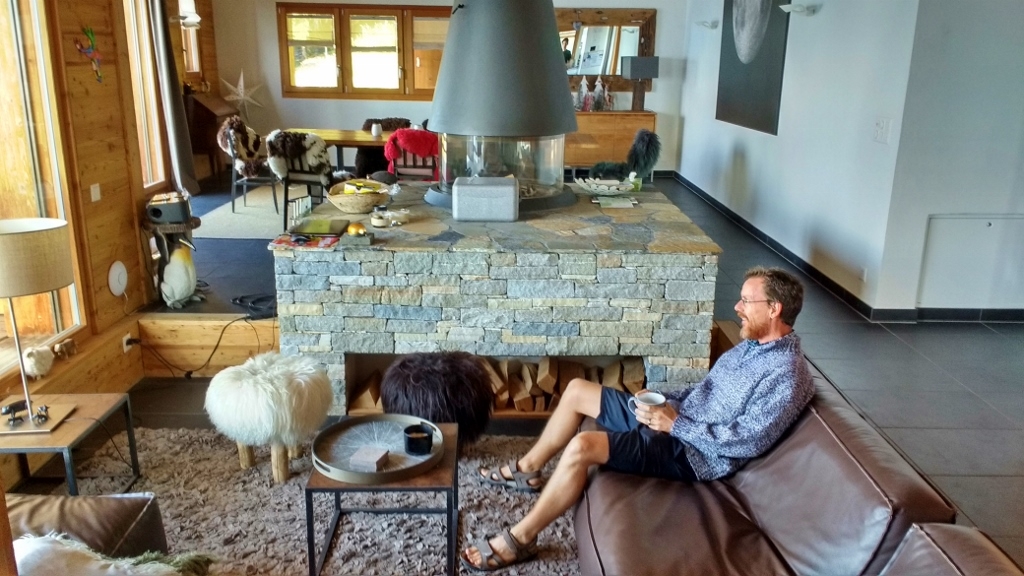
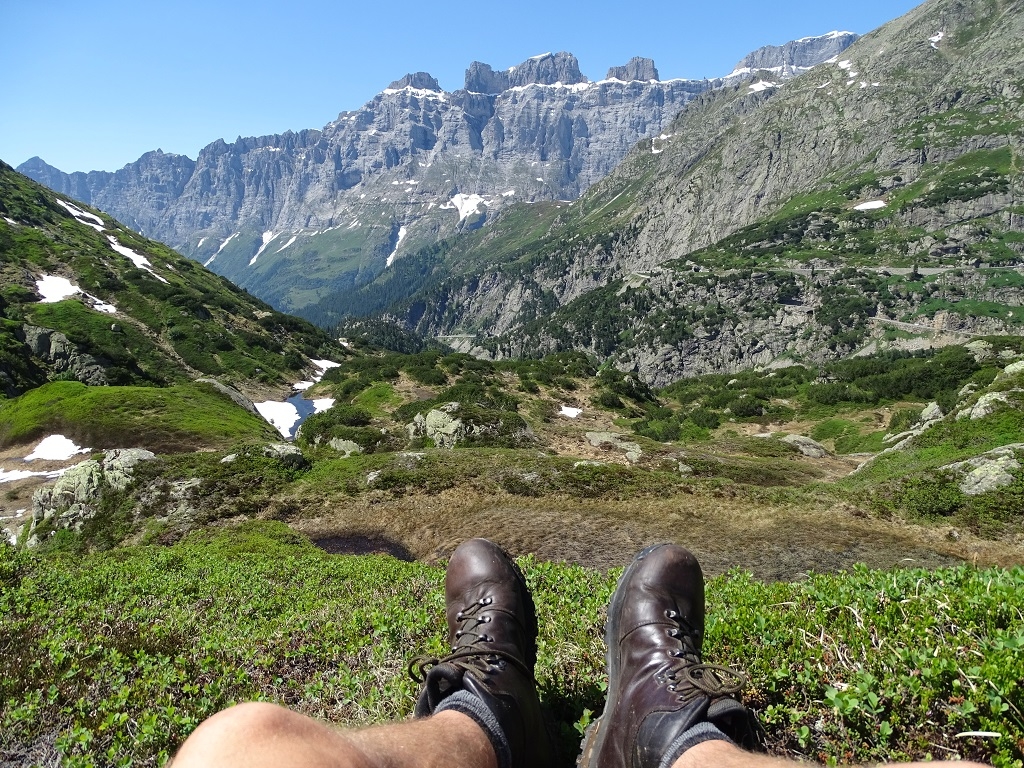

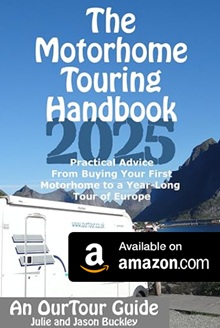
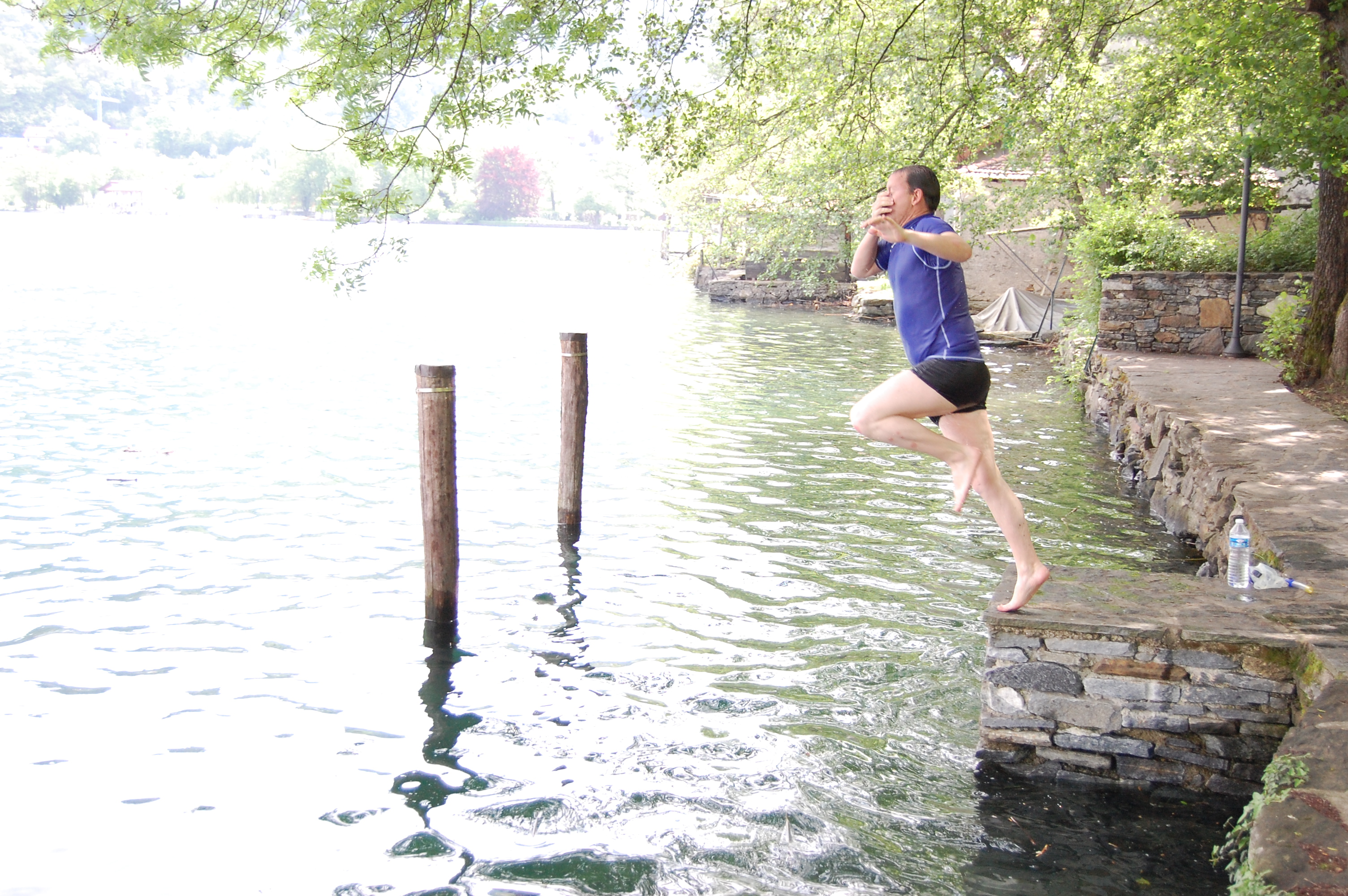
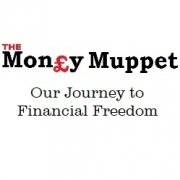
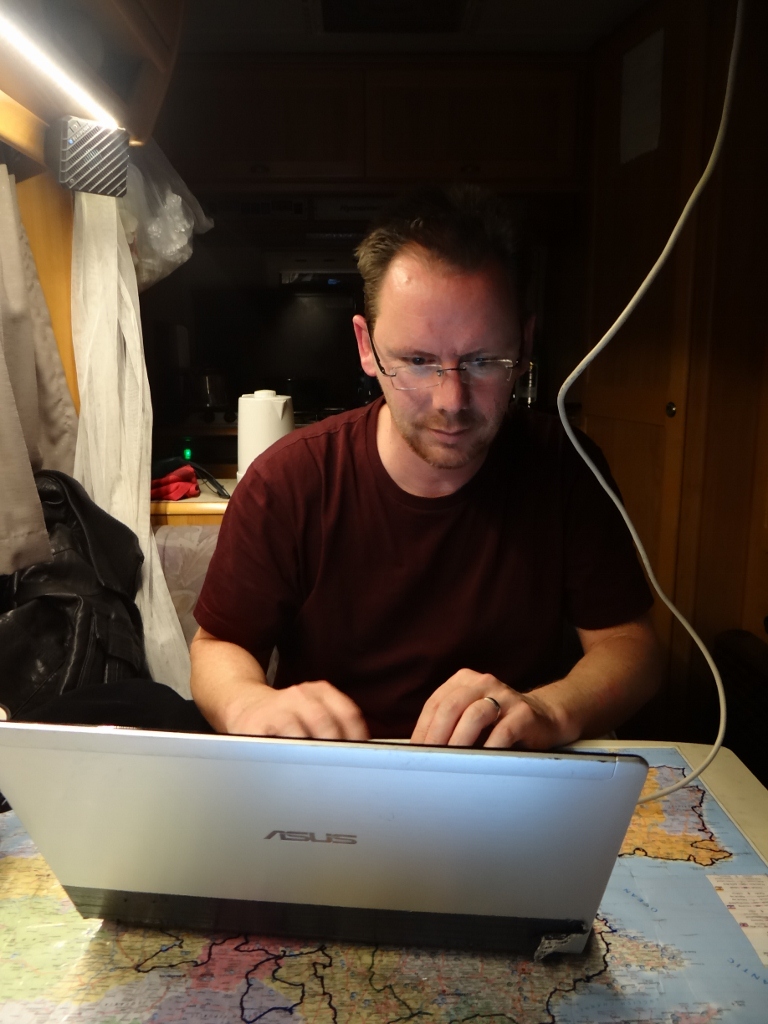

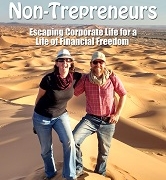
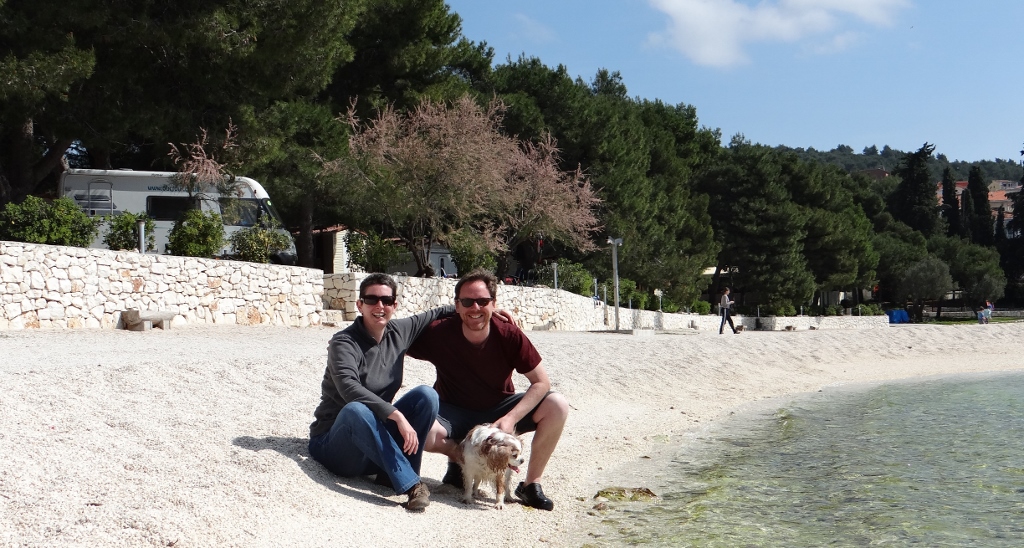


Dear JJ,
to your financial plans I can’t say anything, but I think it’s a very good idea to keep 2 properties, where you could eventually stay in & live in.
It might come circumstances in your future life , when travelling can get more difficult or impossible as it used to be. before. So you’ll always have a home to be able to live in comfortably .
All the best!Stay healthy & fit! Heide from Herne
Thanks Heide. ❤️👍 Jay
Well thought out post Jay. Best of luck. You should have tagged JL on twitter, he will usually comment.
Thanks Simon – it never occurred to me Mr Collins would be in the least bit interested – thanks for the suggestion – next time I’ll tag him. Cheers, Jay
Very interesting read. Your investment strategy almost exactly mirrors mine so it is reassuring to see others thinking the same way.
As an aside I think this is a good time to sell property as IMO it is generally overvalued and due for a heavy correction.
Have you thought about Gold (like ETF SGLN) rather than premium bonds. Should provide better returns than Premium Bonds and much better at negative correlation to a market crash. So sell the equities when they are doing well to live on and the Gold when there is a market crash. Check out http://www.portfoliocharts.com if you want to review the rational with some historical data. Or https://portfoliocharts.com/2020/08/21/metal-money-and-the-measurable-value-of-gold/
Hi Robert
Gold’s an interesting idea. We first came across it reading How to Own the World, but it’s never quite fitted our goals/the way we think, not yet anyway.
At the risk of teaching folks to suck eggs/being told I’ve got this all wrong, gold prices fluctuate, while Premium Bonds have no secondary market, so they don’t change value. That’s important to us, as we’ve potentially a very long retirement horizon with limited guaranteed income. The bonds enable us to sleep at night whatever is going on in the world. We lose financially as they return less than inflation, but we accept that loss for the security it buys us.
Cheers, something for us to ponder in future, Jay
Yes it depends what you are holding that part of your portfolio for. I hold 18months as cash, but another slug as a gold tracker. When we had the most recent Covid crash the gold rose, allowing me to sell gold rather than equities to live on. Also I was able to rebalance a little to take advantage of reduced equity prices.
Very interesting…… we’re going through a similar process here – Mark agreed a sale of his old house just last week.
Luckily, his CGT bill won’t be huge as he lived in the property for a long time before renting it out, and he’ll be shovelling part of the proceeds into ISAs over time in exactly the way you describe.
Out of interest, did you consider paying off the mortgage on the bungalow with part of the proceeds from the house?
Jo
Hi Jo
Good news with the house. 👍
Mortgage rates are so low at the moment it makes more sense to keep money in VWRL or some such. If we’re paying 3% on the bunga mortgage (I can’t recall the exact percentage) we’re currently getting over 10% on our funds (with no guarantee that level of return will continue).
That said, we have an emotional urge to be rid of the mortgage so we’re not beholden to the brokers. We’ve a 5 year fixed interest-only mortgage and are paying off the maximum capital we can each year without incurring penalties. At the end of the fixed term we’ll decide whether to clear the lot or not.
Cheers, Jay
Hi both
What I like most is you have researched, made a plan and will act on it, brilliant.
We’re invested in fund which pays 6 percent pa. If the fund returns 9 percent, we get paid our 6 and our fund value grows by 3 percent. If it returns 5 percent, we still receive 6 but our fund value reduces by 1 percent. Like you we held the course through Covid and as Bonds are a reasonable portion of the fund, we took a beating. All back now and some. Average return over 6 years is just under 9 percent, income and growth, perfect. Property alse features in our overall strategy.
Does the house you are selling have one of your solar arrays on it ?
“Although it might be several months before the tenants leave” at present it’s my understanding you need to give at least 4 months notice if you encourage your tenants to leave via a section 21 notice.
I also have a primary residence and a fully paid off rental property. The rental property is starting to become uneconomic to rent ( as it’s been rented out at a discount for 2 years ). I am also contemplating whether to rent it out again at a higher level, hold onto it for potential capital appreciation or dispose of it and invest the funds in vanguard or similar low cost tracker.
My knowledge of CGT is (currently ) limited but if your property has been rented for a significant amount of time you will be right to plan for the CGT exposure.
Have you considered getting a BTL mortgage on your paid off house and the investing some of the realised funds instead of selling the house ? Whilst I understand you are technically not employed I think the mortgage is judged on the rent earned by the property.
The decision of clearing the mortgage as soon as possible versus investing is a thorny one. When I bought my first house I cleared the mortgage as quickly as possible because I liked the security it would bring. Had I invested the funds instead I’d potentially had made a lot more money.
The economic viability of smaller scale landlords (whether accidental or BTL ) has really taken a hot in the past few years so I can see the potential attraction in cashing out and investing the realised funds.
Hi David
“Does the house you are selling have one of your solar arrays on it ?”
No it doesn’t.
“at present it’s my understanding you need to give at least 4 months notice”
Yep, that’s what our management agent has advised us.
“if your property has been rented for a significant amount of time you will be right to plan for the CGT exposure”
Yep, it was our primary residence for about 3 years but has been rented for almost 10, and as I understand it we’ll pay the full CGT amount.
“Have you considered getting a BTL mortgage on your paid off house and the investing some of the realised funds instead of selling the house?”
Not really, we want to increase our flexibility in future and don’t want the overhead of another multi-month/year relatively costly transaction to deal with if we decide to move country for example.
“The economic viability of smaller scale landlords (whether accidental or BTL) has really taken a hit in the past few years”
Yep. The changes so far haven’t had much impact on us and we’re drawn to share funds more by their simplicity, liquidity and (inside an ISA) tax status rather than any particular issue with the financial returns we’ve had from the house.
Cheers, good luck, Jay